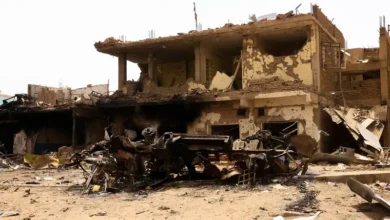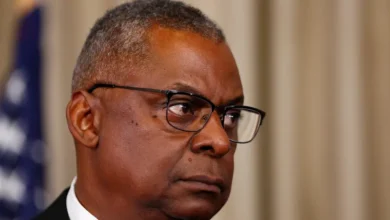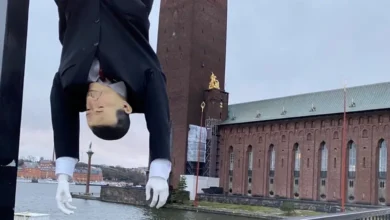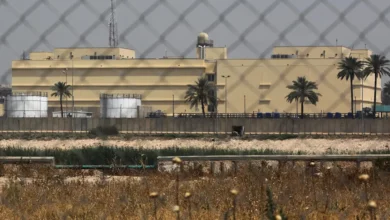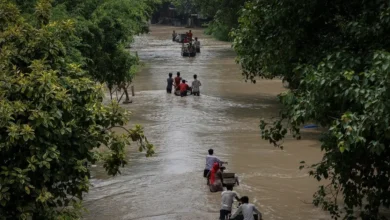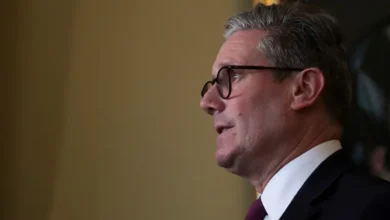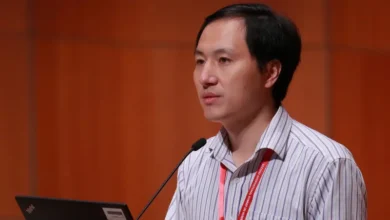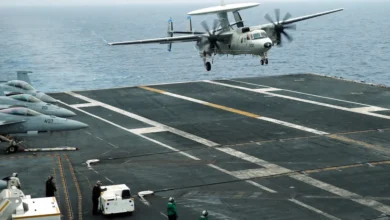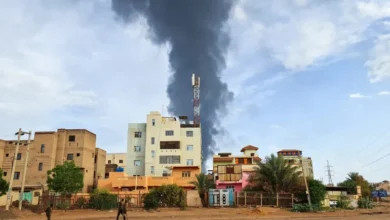Lukashenko’s direct role in ending Wagner mutiny ‘humiliating’ for Putin: Analysis
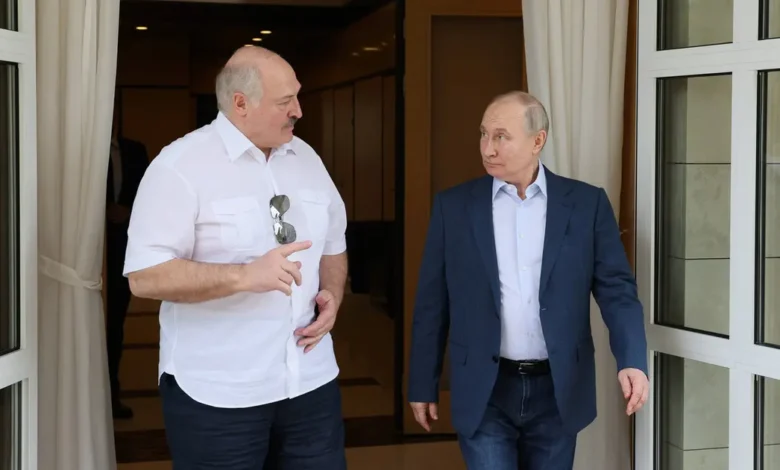
Belarusian President Alexander Lukashenko’s direct role in resolving the recent armed rebellion and march on Moscow led by Wagner group chief Yevgeny Prigozhin was a “humiliating” development for Russian President Vladimir Putin, analysts argued, adding that it likely gained Lukashenko leverage.
Washington-based think tank Institute of Study of War (ISW) wrote in an assessment that the fact that Lukashenko, not Putin, was the one to successfully halt the armed march on Moscow led by the Wagner mercenaries could have conferred additional benefits to the Belarusian President. The Belarusian Presidential Press Service released a statement indicating that Putin had briefed Lukashenko on the crisis in southern Russia on the morning of June 24, suggesting that Putin sought Lukashenko’s help in handling the rebellion.
The ISW analysis notes that Lukashenko reportedly used his “existing channels” to communicate and negotiate with Prigozhin. This implies that Lukashenko may wield a certain amount of influence over Prigozhin, a factor that likely contributed to the de-escalation of the situation.
The report further mentions Lukashenko’s past interactions with the Wagner group. Back in 2020, Belarusian authorities arrested three Russian citizens allegedly affiliated with the Wagner group. Lukashenko accused these operatives of intending to meddle with the Belarusian elections, despite the Wagner group’s previous use of Belarus as a transit country for their missions. Following this incident, a call was initiated by Lukashenko to Putin on August 15, 2020, which led to the release of 32 Wagner personnel.
The ISW suggests that Lukashenko is likely to capitalize on the successful resolution of the rebellion to further his objectives, such as delaying the formalization of the Russia-Belarus Union State or preventing Putin from employing Belarusian forces in Ukraine.
Over the past weekend, significant upheaval swept through Russia’s political landscape as the Wagner group, commanded by Prigozhin, staged a dramatic insurrection. The climax of this rebellion saw Prigozhin’s private military forces marching towards Moscow, only to be halted and commanded to withdraw.
This halt came about due to a negotiated agreement which led to Prigozhin relocating to Belarus, a country known for supporting Russia’s incursion into Ukraine. The terms of this pact, as disclosed by Dmitry Peskov, Kremlin’s spokesperson, provide for the revocation of charges against Prigozhin related to his role in stirring up the armed rebellion. Lukashenko played a key role in facilitating this agreement.
